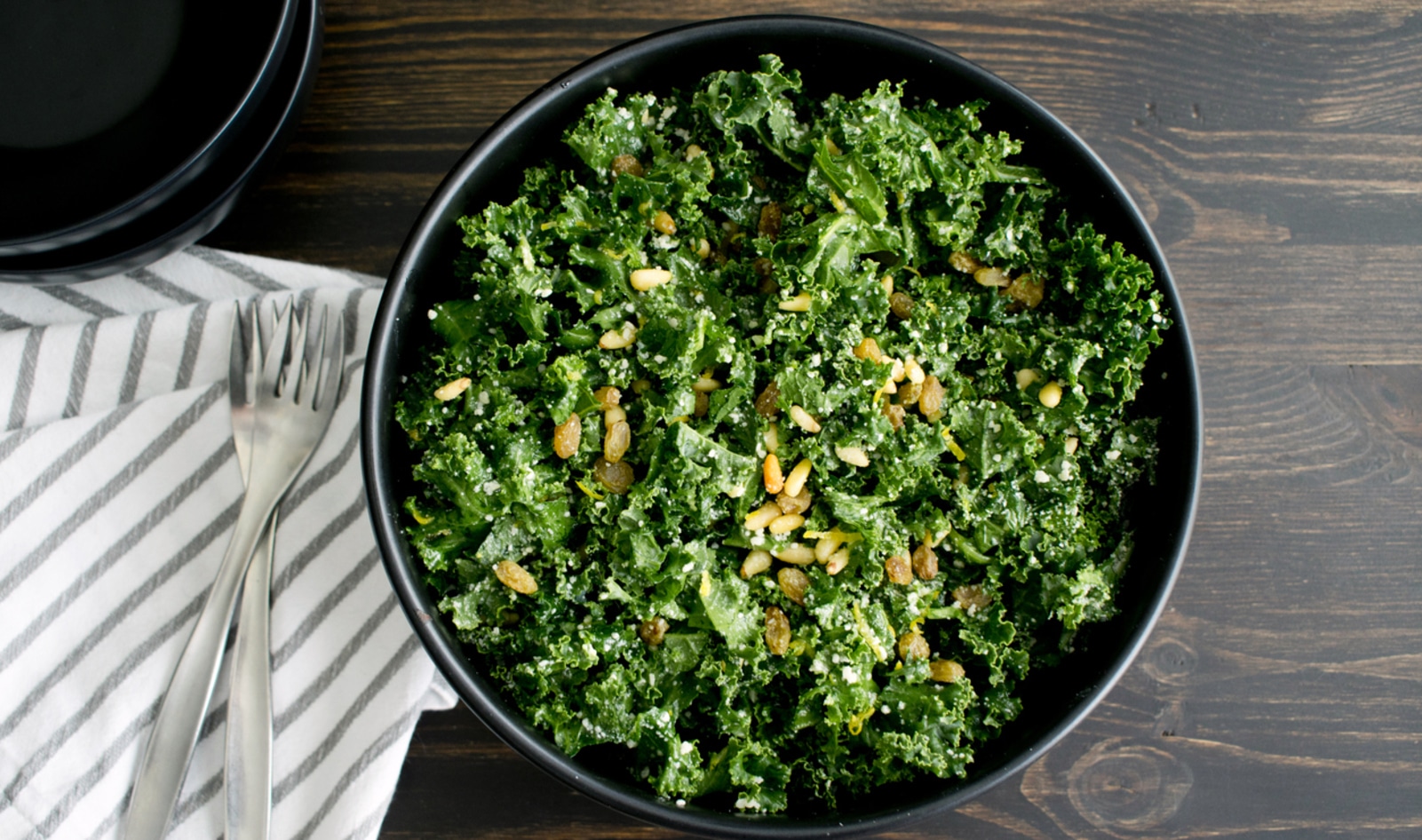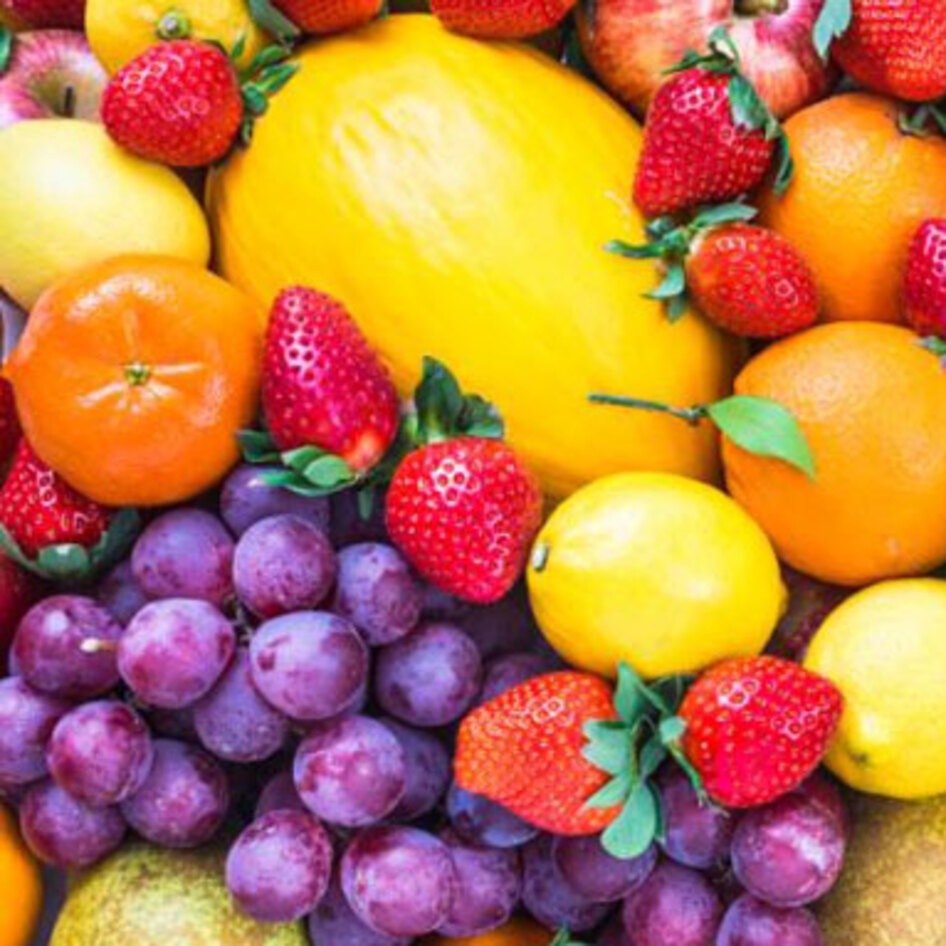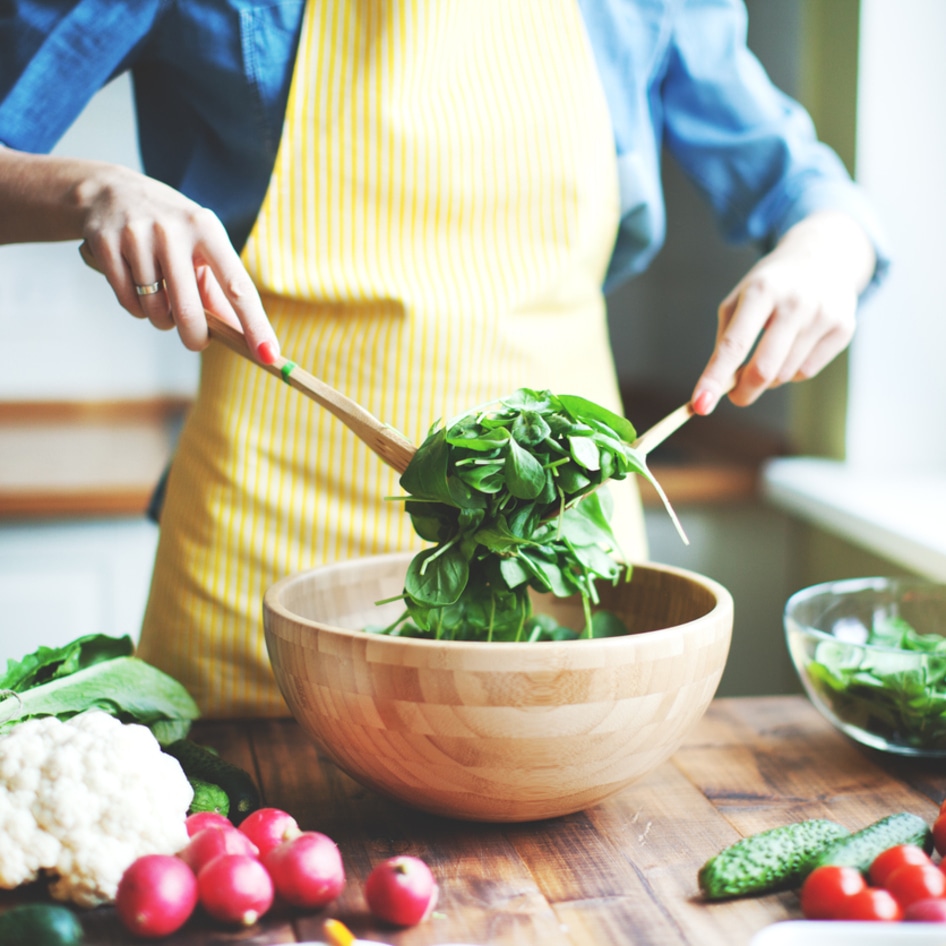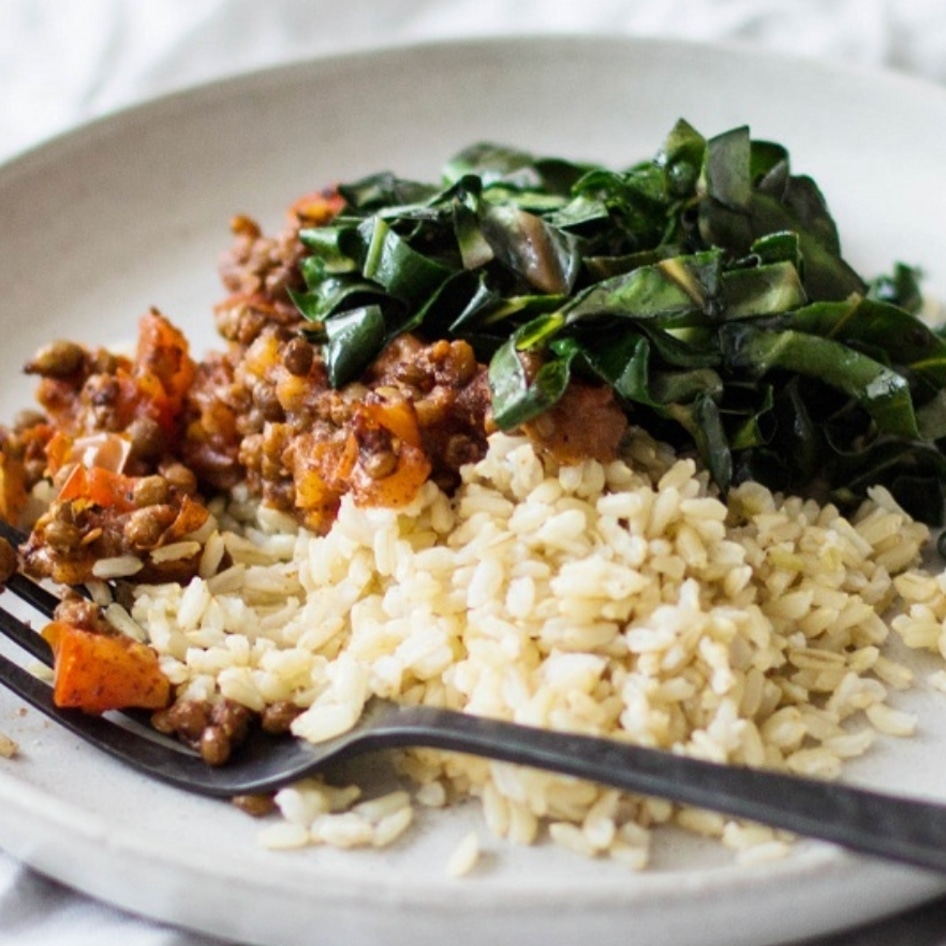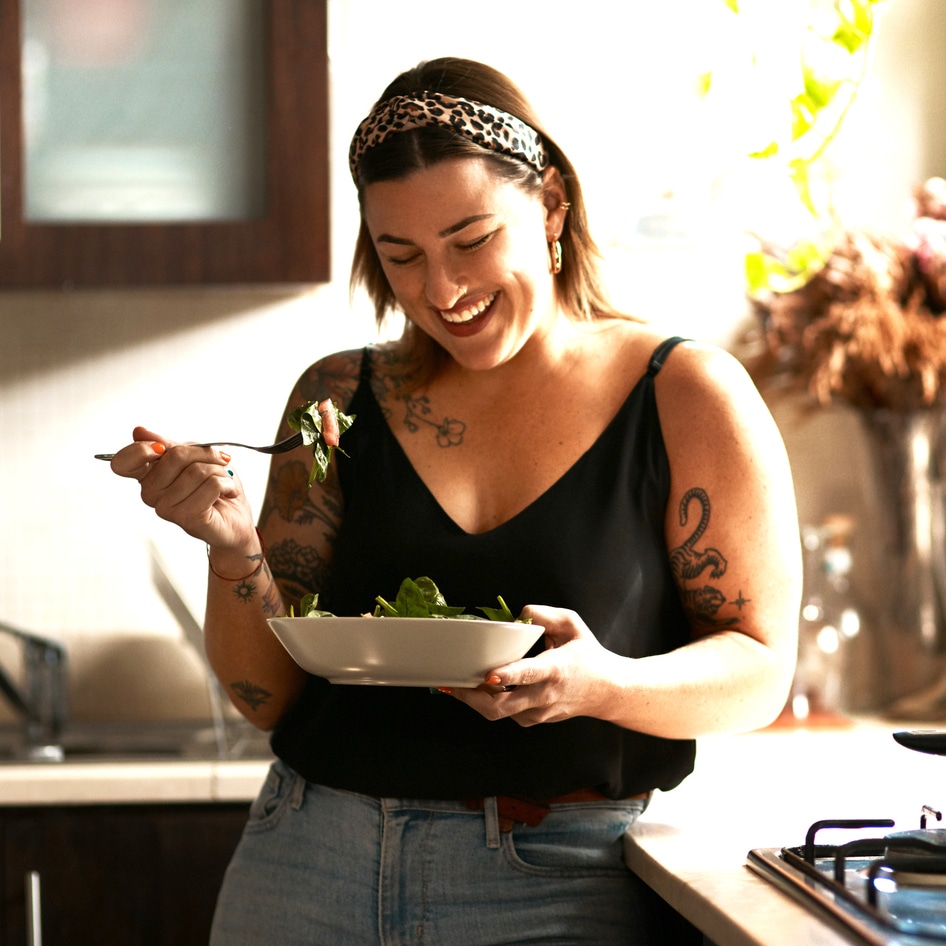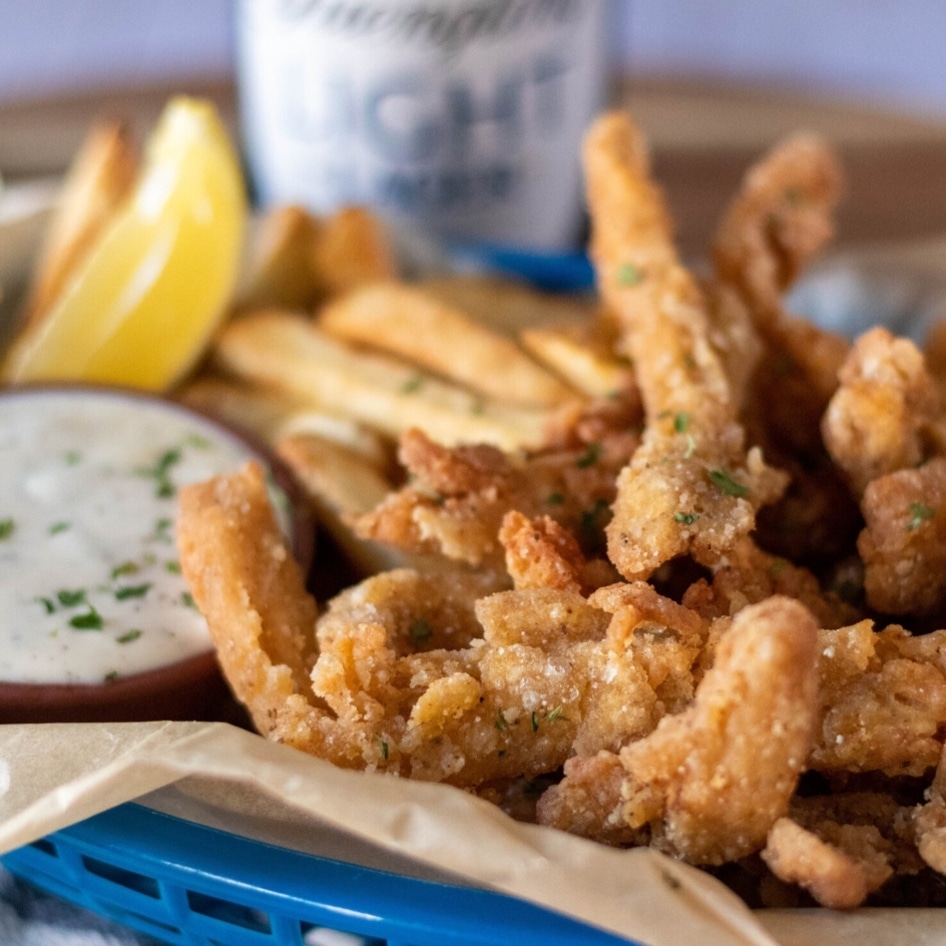The first half of the 20th century was a big time for inventions. It brought us neon lights, vacuum cleaners, windshield wipers, pop-up toasters, ballpoint pens, and instant coffee, to name just a handful. All of these creations were designed to make our lives easier, but over time, some breakthrough inventions have turned out to be a little more sinister.
Invented in the 1930s, PFAS chemistry, which refers to the use of per- and poly-fluorinated alkyl substances, has undeniably revolutionized many industries. It’s the reason we have things that are water-, grease-, and stain-resistant, for example. Think nonstick pans and waterproof clothing. But while handy, in recent years, experts have started to realize that PFAS have a serious downside: research suggests that they may be harming our health.
So, the solution seems simple, right? Avoid things that have been made with PFAS. Unfortunately, it’s not that easy. These chemicals are in everything—for example, they’ve been found in drinking water, seafood, and now, kale. But before you panic: no, it’s not necessarily time to give up eating this nutrient-dense vegetable. Here’s what you need to know.
What are PFAS?
As mentioned above, PFAS stands for per- and poly-fluorinated alkyl substances, and they’re actually pretty handy. “They’re the unsung heroes in many industries, lending their superpowers to make products resistant to water, stains, and heat,” Kimberly Kim, a geologist, industrial hygienist, and environmental consultant, explains to VegNews. They are renowned for their ability to repel grease and water, making them useful in things like cookware, clothing, and even firefighter foam.
“But here’s the twist,” Kim says. “They’re called ‘forever chemicals’ because they don’t naturally break down. They’re the guests who overstay their welcome in our environment and within our bodies.”
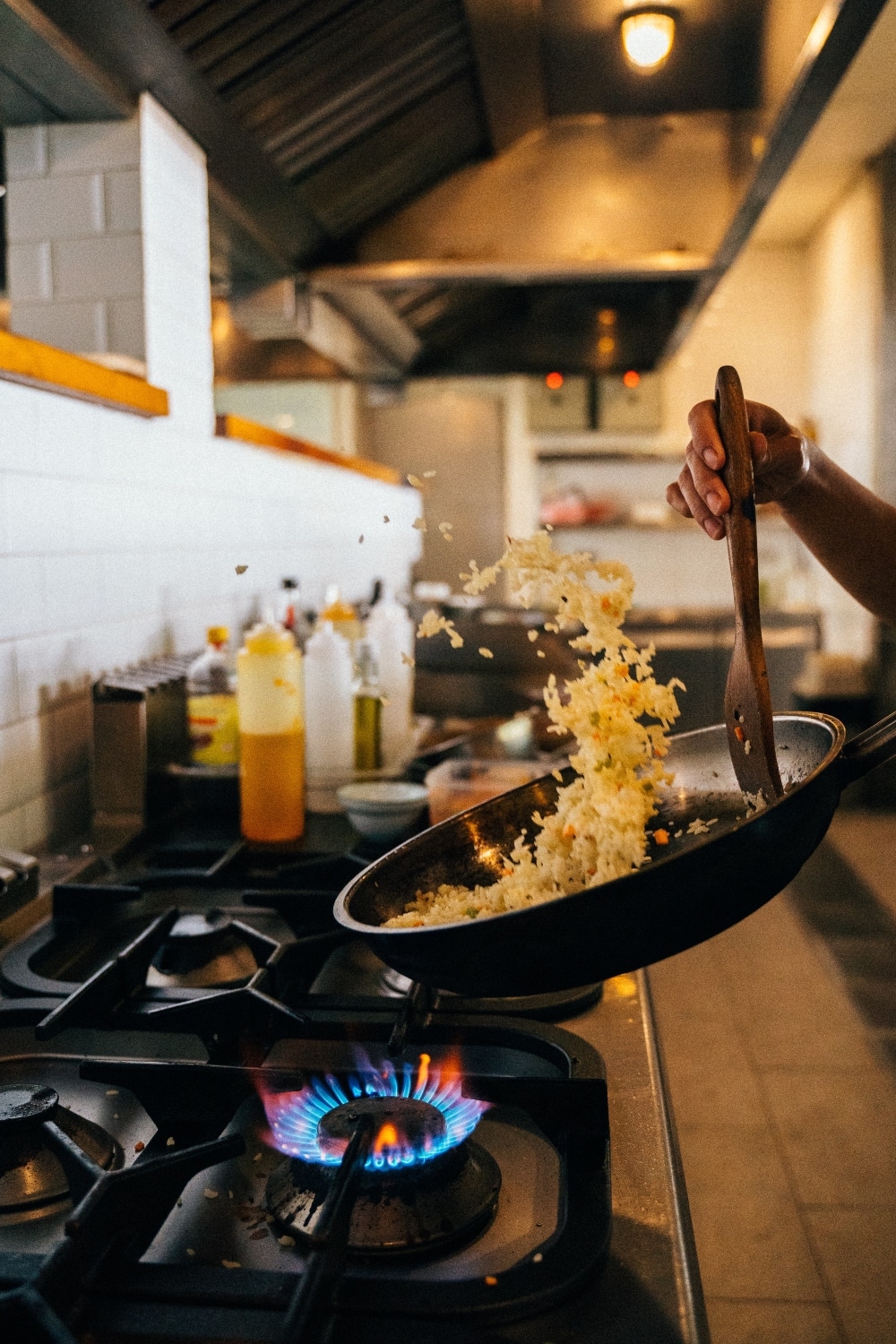 Pexels
Pexels
Are PFAS dangerous?
Research is still ongoing into what happens when PFAS enter our bodies, but so far, the evidence indicates it’s not good.
“While PFAS might sound like industrial miracle workers, they carry a hidden cost,” Kim adds. “These persistent chemicals have been linked to a laundry list of health concerns, including cancer, kidney disease, liver conditions, immune disorders, and birth defects.”
And they’re incredibly difficult to avoid. According to one new study, drinking water from nearly half of all the faucets in the US may contain them. In April 2023, another study found that PFAS used in packaging can end up in our food. And just recently, research confirmed that PFAS are even turning up in nutritious vegetables, like kale.
“It’s a sobering thought that our most significant exposure to these chemicals often comes from something as essential and every day as our food and water,” Kim says.
Should we stop eating kale now?
All of the above sounds pretty concerning, there’s no doubt. But it’s important to maintain perspective, say experts.
“Virtually all food has the potential to be contaminated by PFAS,” Kristina Marusic, award-winning journalist and author who specializes in environmental health, explains to VegNews. “This study doesn’t mean that all kale is contaminated with PFAS—the likelihood that any produce is contaminated with PFAS depends on where and how it was grown, and whether it came into contact with contaminated soil or water.”
It’s also important to remember that kale is a highly nutritious vegetable, with a number of health benefits. It’s a source of antioxidants, which are plant compounds that may help to reduce oxidative damage in the body, as well as vitamins and minerals, like vitamin C and vitamin K.
“The only way to stop these harmful exposures is through policies and regulations,” Marusic adds. “So don’t stop eating healthy, nutritious veggies like kale, but do contact your lawmakers and tell them you want them to take action on PFAS.”
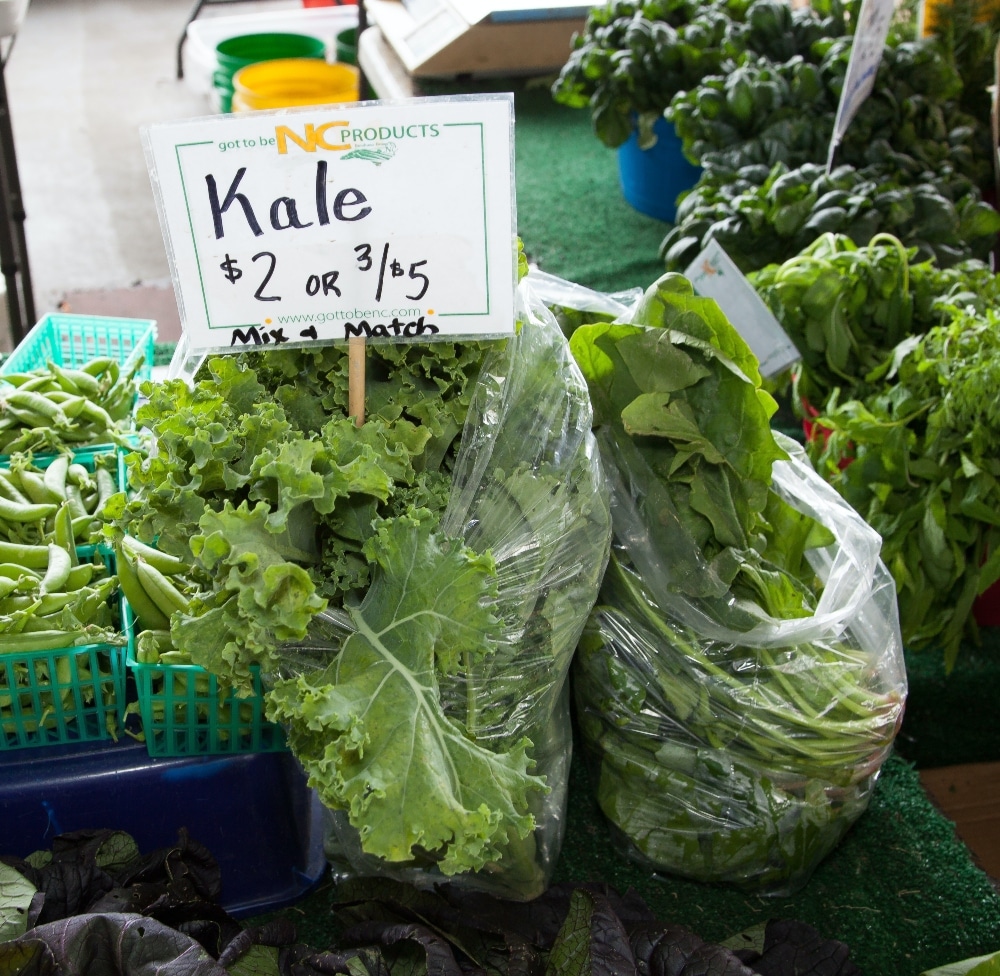 Pexels
Pexels
And there has been progress on the issue of PFAS in some areas. Marusic notes that Michigan, for example, recently passed “landmark legislation” banning their non-essential use. Earlier this year, the European Union also started to consider a ban on PFAS. If it passes, it will be one of the largest bans on chemical substances ever in Europe.
Kim agrees with Marusic that totally avoiding good sources of nutrition in our diet, like kale, is not necessarily the right response to the news about potential PFAS contamination.
“It’s important to note that the source of contamination is not clear yet. It could be from tainted water or from fields where sewage sludge was spread,” she explains. “While this is concerning, it doesn’t necessarily mean we should stop eating kale altogether. Kale is a nutritious vegetable high in vitamins and antioxidants. What we should do is demand better testing and regulation of our food supply to ensure it’s safe from harmful chemicals like PFAS.”
If you’re concerned, Kim notes that it’s also possible to buy water filters to remove PFAS from drinking water, and we can also be careful about the types of products we bring into our homes. For example, if you’re looking for new pans, consider opting for ones that are labeled “PTFE-free.” PTFE (Polytetrafluoroethylene) is the type of PFAS often used in nonstick cookware.
“Remember, the key is not to panic but to stay informed and make conscious choices about what we consume,” Kim says. “As consumers, we have the power to demand safer and healthier food options. Let’s use that power to protect our health and the health of our planet.”
For more vegan news, read:
JUMP TO ... Latest News | Recipes | Guides | Health | Subscribe

